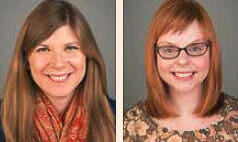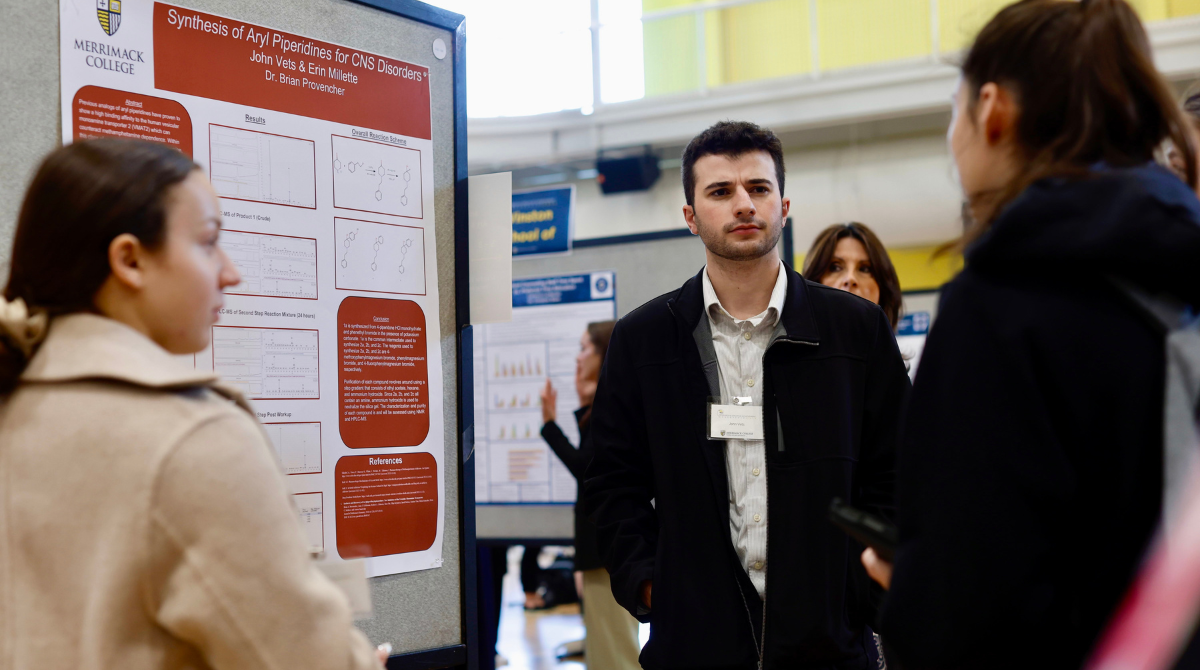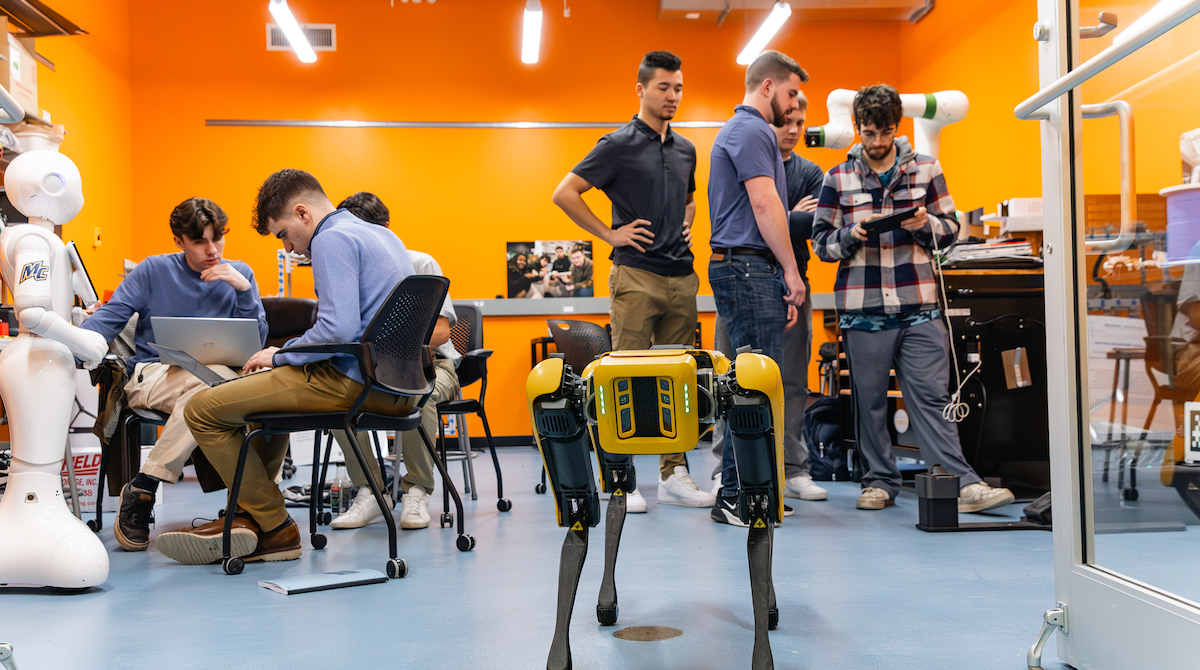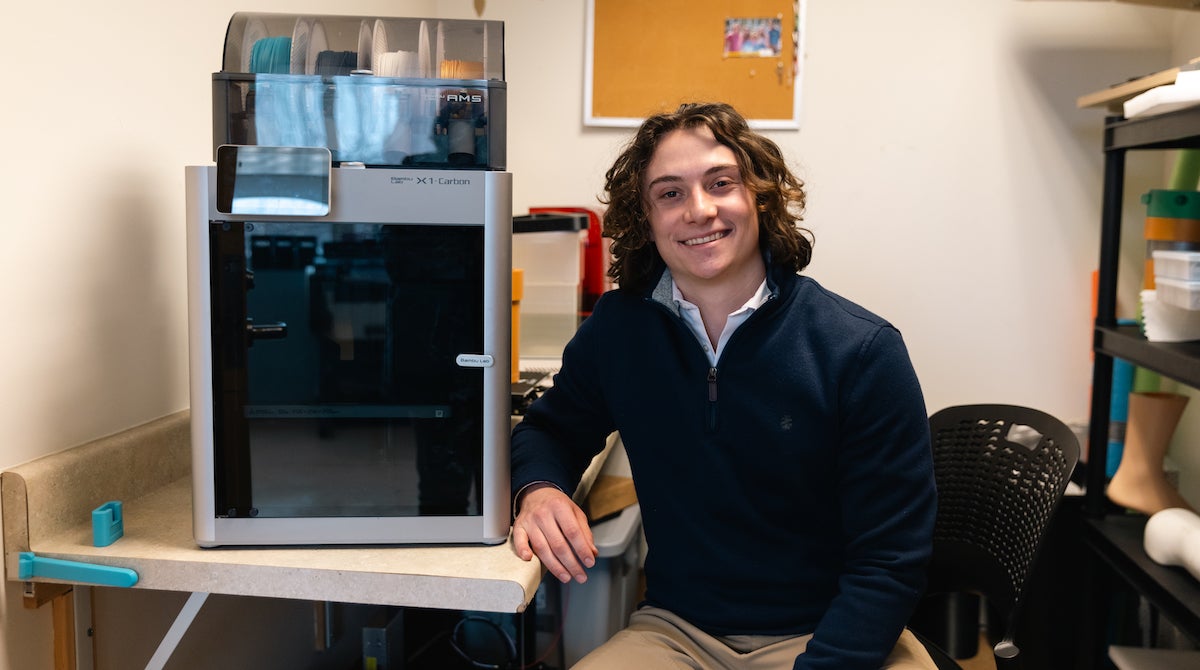A panel made up of a biologist and bioethicists is meeting at 4 p.m. Feb. 28 in Cascia Hall to discuss the moral and ethical questions of creating designer babies in the aftermath of news that a team of doctors in China genetically altered the DNA in the embryos of twin girls.
The team in China, led by biophysics researcher He Jiankui, claimed in November it altered genes in the twins in order to make them HIV-resistant because their father is HIV-positive. That kind of gene editing is forbidden in countries around the world amid unresolved questions of safety and ethics.
“You are basically introducing into the gene pool a human who nature would never have created,” said panel organizer professor Mark Allman of the Religious and Theological Studies Department and associate dean of liberal arts. “This could potentially alter the species.”
The panelists include assistant professor Autumn Ridenour of the Religious and Theological Studies Department, assistant professor Lisa Fuller of the Philosophy Department, and professor Janine LeBlanc-Straceski of the Biology Department. The discussion is cosponsored by the Bioethics Minor Program and the Interdisciplinary Institute.
Manipulating DNA could eliminate disease and birth defects. That sounds great but it’s an expensive process which raises ethical questions such as whether only rich people could afford the process. That in turn could lead to designer babies born with specific attributes such as height and hair color only for the upper socio-economic classes, Allman said.
“This leads to the world of designer babies,” he said.
Scientists around the world condemned He Jiankui’s actions and he reportedly been removed from his teaching post as China investigates what he did.
Limited experiments with strict controls are allowed for human embryo modifications by some ethical review boards at hospitals and medical research schools around the world. Generally, experiments are allowed using in vitro fertilization on embryos that are up to two weeks old, said LeBlanc-Straceski. Other ethical review boards and the Catholic Church are firmly opposed to any experimentation.
Scientists already genetically modify food but that is designed so it’s sterile and can’t accidentally enter into nature, Allman said. Jiankui has not indicated the girls are sterile.





